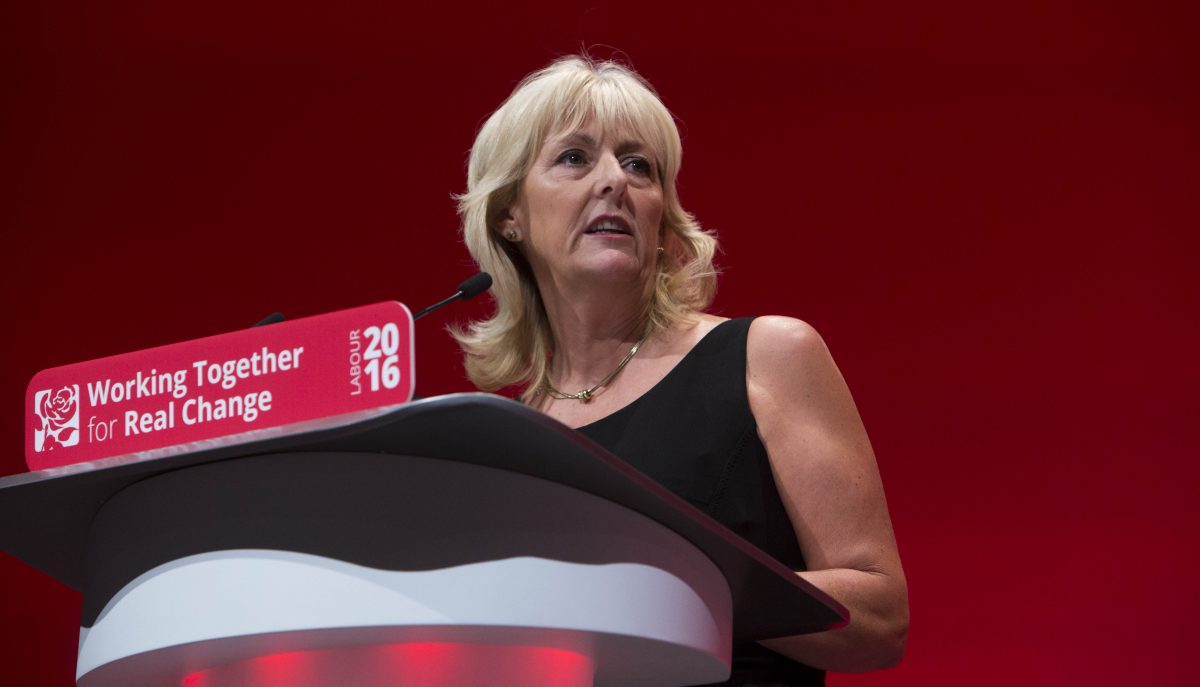We are not the enemy within
Ministers should stop regarding trade unions as â€the enemy within’ when it comes to partnership working to jump-start the UK’s dismal productivity record, Unite said today (July 10).
Commenting on today’s government productivity plans, Unite pinpointed chronically low pay as a key factor as to why the UK has the lowest productivity of the G7 leading industrial nations which will not be addressed by the so-called â€national living wage’ announced in Wednesday’s budget, which it has now been shown will actually cut incomes for the poorest households.
Unite said that the measures announced today by the government fall far short of the comprehensive industrial strategy needed to drag the UK off the bottom of the G7 productivity table – a blueprint for boosting productivity that the union, the biggest in manufacturing, has repeatedly called for.
Boosting the rate to US levels would increase national income by 31 per cent, while just a 0.1 per cent hike would grow the economy by ÂŁ35bn in 2030.
“Raising the productivity of UK manufacturing and commerce is one of the big economic challenges of the next decade,” said Unite general secretary Len McCluskey. “One way that this can be achieved is if ministers stopped attacking trade unions as â€the enemy within’.
“Instead of regarding the trade unions, which have more than six million members, as a stumbling block for productivity progress, they should see unions as â€partners in productivity’.
“Unions are a frontline resource which help drive up skills and motivate workers,” he added. “You only have to look at the globally successful UK industries, such as car manufacturing and aerospace engineering where management and unions have worked closely together to introduce new technology and drive up productivity.
“Chronic pay is a drag on productivity; driving down â€real’ wages does not help employee motivation and only creates a low-wage, low-skill productivity landscape.
“However, where there are unions in the private sector we raise wages in real terms, which then swiftly translates into greater productivity from the workforce.”
Ironic
McCluskey went on to say, “It is ironic that business secretary Sajid Javid made his â€productivity’ speech to union members today at the Longbridge car plant, so he witnessed for himself that these are the people working so hard to support our economy, and are undeserving of the attacks on their rights and their unions coming from government.
“It is clear that austerity, a corset of financial pain for millions of people, is not an engine for either increased productivity or economic growth – as can be seen by the chancellor’s own missed targets and the news this week that our growth for this year has been revised down.”
Today’s 90-page report, part of the chancellor’s Fixing the Foundations, identifies proposals for higher education, transport, trade, devolution of power to cities and regions, skills, long-term investment, tax, digital and science, but the union is concerned that the action is more piecemeal than the strategic approach building a high skills, high rewards economy requires.
Before the budget Len McCluskey wrote to the chancellor urging him to change gear in order to work with the UK’s unions, as they are already expert in how to boost economically-vital businesses and as such should be regarded as â€partners in productivity’.
Unite is calling for an industrial strategy which embraces:
• investment in infrastructure, equipment, services, skills and innovation
• better work organisation with worker and trade union input
• well-paid, decent, secure jobs
• rebalancing the economy away from an overreliance on financial services
• reform of the banking system to ensure investment in the real economy
• corporate governance reform to end the short-termism that inhibits investment
 Like
Like Follow
Follow

